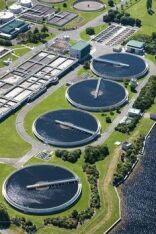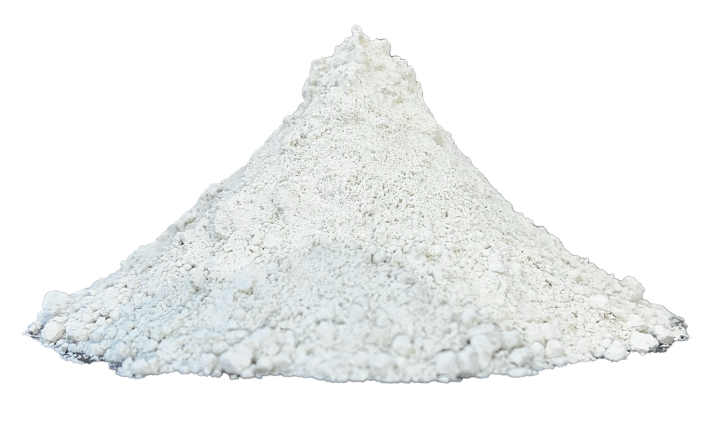

Zeolite is a unique mineral with a porous and crystalline structure. It is widely used in various industries due to its absorption, ion exchange, and filtration capabilities. This natural or synthetic material acts as a strong and selective adsorbent, capable of removing pollutants, heavy metals, and harmful gases from the environment. Thanks to its high resistance to heat and acids, zeolite is an ideal choice for use in harsh industrial and environmental conditions.
From agriculture and water purification to oil, gas, and construction industries, zeolite is key in improving processes and reducing pollutants. Not only is zeolite cost-effective and efficient, it is also considered an eco-friendly material, making it a significant step toward sustainable development. By using zeolite, we can greatly contribute to improving the quality of life and preserving natural resources.

From a scientific perspective, zeolite’s unique crystalline structure and chemical composition give it its remarkable properties. Its ability to perform ion exchange and selective absorption is due to the arrangement of its atoms, which create tiny channels and cavities within the mineral. This structure allows zeolite to trap and release specific molecules, making it a valuable tool in both industrial and environmental applications. Researchers continue to explore new ways to harness zeolite’s potential, leading to innovative uses and advancements in technology.
Scientific Insights
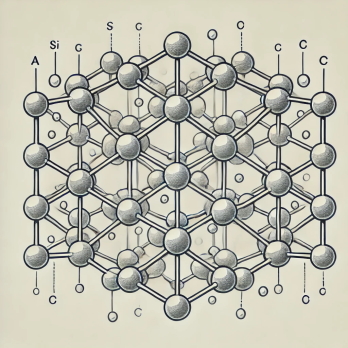
Applications of Zeolites

Pet Care

Construction
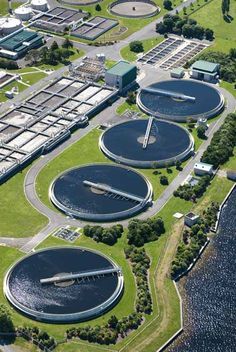
Water Treatment

Agriculture

Petrochemical
Zeolites are used as catalysts in various petrochemical processes, including gasoline production and oil refining. They enhance chemical reactions and increase process efficiency.
Zeolites are used as additives in the production of cement and concrete. They can increase the mechanical strength and durability of concrete.
Zeolites are utilized in water purification systems to remove ammonia, heavy metals, and other contaminants. They help improve water quality and reduce environmental pollution.
Zeolites are added to agricultural soils to improve water retention capacity and cation exchange. They provide nutrients to plants and enhance the absorption of chemical fertilizers.
Zeolites are added to pet foods to improve digestion and nutrient absorption. They can also absorb unpleasant odors, enhancing the living environment of pets.
Zeolite plays a crucial role in numerous industries. In agriculture, it is used to improve soil quality by retaining water and nutrients, which promotes healthier plant growth. In water treatment, zeolite is employed to remove contaminants and purify drinking water, making it safer for consumption. The oil and gas industry relies on zeolite as a catalyst to enhance chemical reactions and improve efficiency in refining processes.
In livestock and poultry farming, zeolite is added to animal feed or bedding to reduce odors and absorb ammonia, creating a healthier environment for animals. The construction industry also benefits from zeolite, as it is used as an additive in concrete to increase strength and durability. Even in everyday household products, zeolite is found in water filters, odor eliminators, and moisture absorbers, showcasing its versatility and practicality.


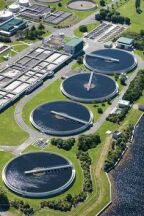


Zeolite is not only highly effective but also environmentally friendly. It is a natural, non-toxic material that can be recycled and reused, making it a sustainable choice for many applications. Its cost-effectiveness and efficiency compared to other materials further enhance its appeal. By reducing pollutants and improving processes, zeolite contributes to a cleaner environment and a better quality of life.
Benefits of Zeolite
Whether you are looking to improve agricultural productivity, purify water, or enhance industrial processes, zeolite offers a reliable and sustainable solution. Its versatility, efficiency, and eco-friendly nature make it a material of choice for industries and individuals alike. By incorporating zeolite into your operations or products, you can achieve better results while contributing to a healthier planet.
Why Choose Zeolite?
Frequently Asked Questions (FAQ)
1. How does zeolite work?
Zeolite absorbs and filters molecules and pollutants through its porous structure and ion-exchange capability.
2. Is zeolite safe for the environment?
Yes, zeolite is a natural, non-toxic, and recyclable material, making it environmentally safe.
3. What is the difference between natural and synthetic zeolite?
Natural zeolite is found in nature, while synthetic zeolite is created in laboratories and usually has higher purity and efficiency.
4. In which industries is zeolite most commonly used?
Zeolite is widely used in agriculture, water treatment, oil and gas, livestock farming, construction, and household products.
Environmental and Health Roles
Due to their ability to absorb pollutants and improve the quality of water and soil, zeolites play a significant role in environmental conservation. In medical and health applications, zeolites are used as absorbent materials in wound treatment and the production of healthcare products.




